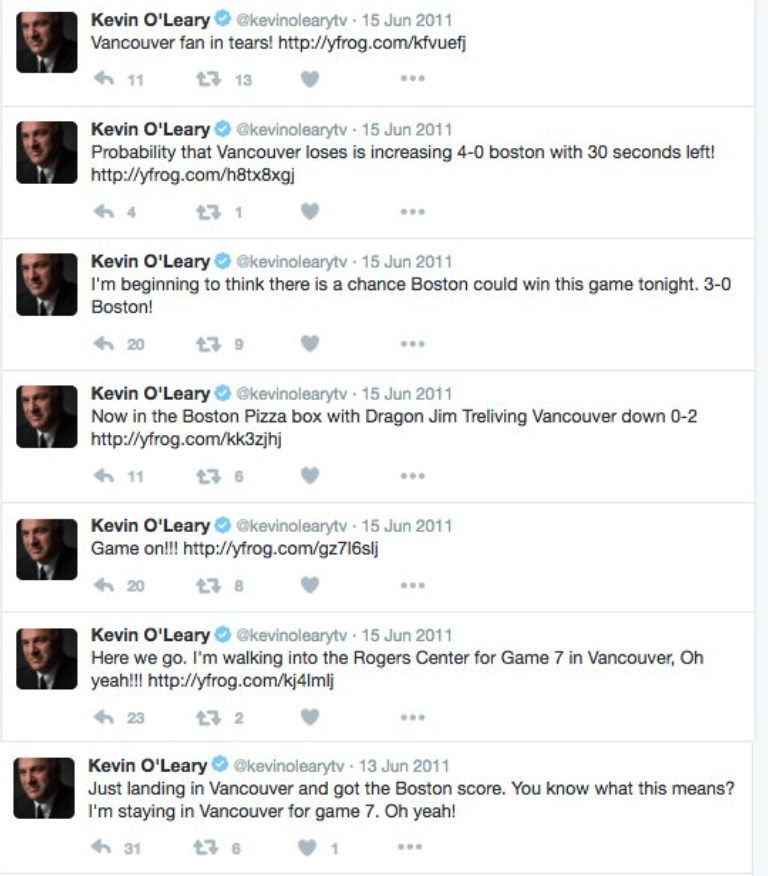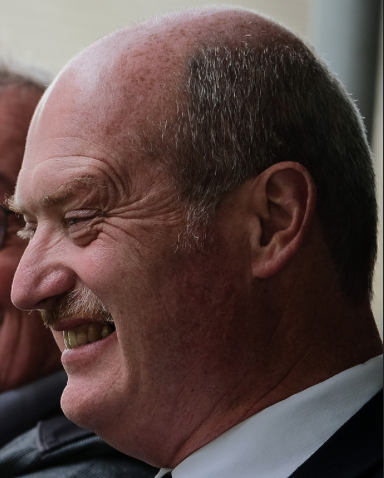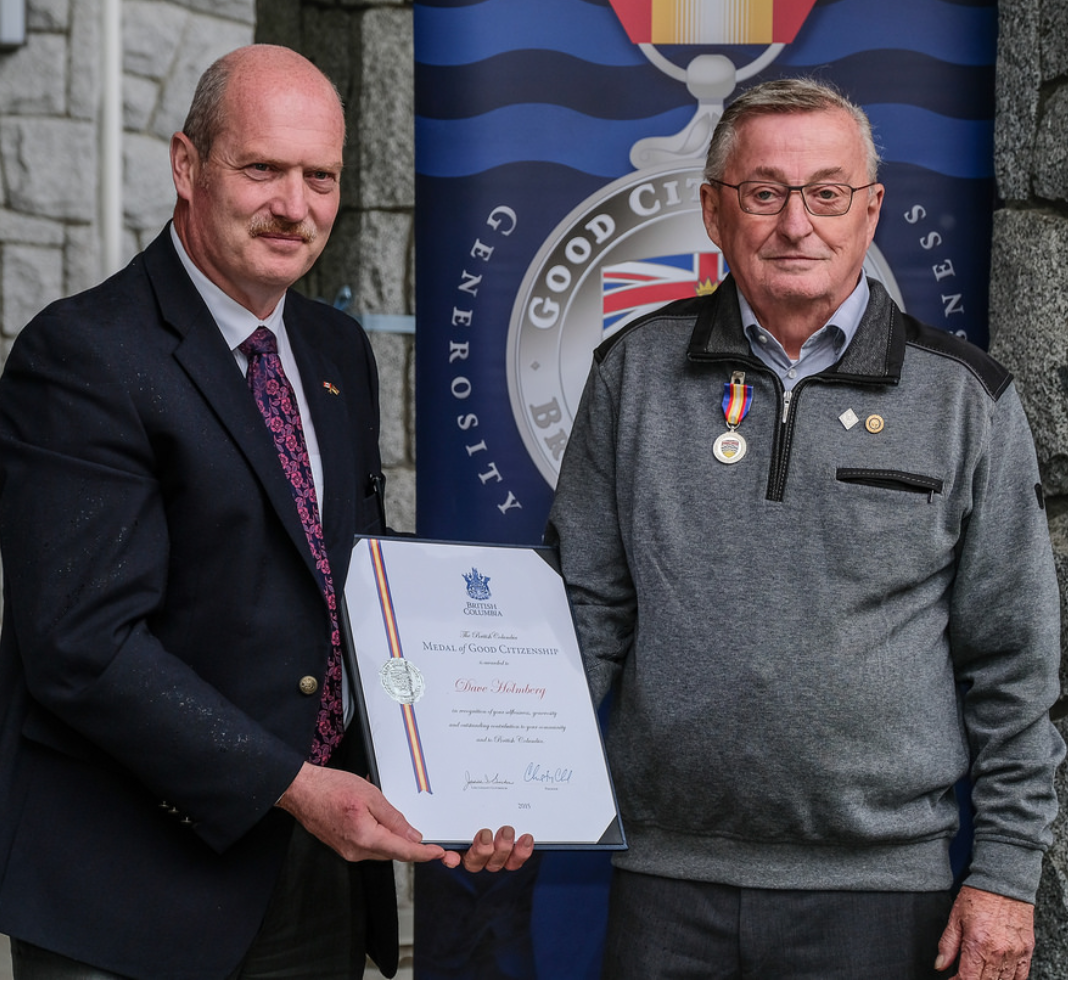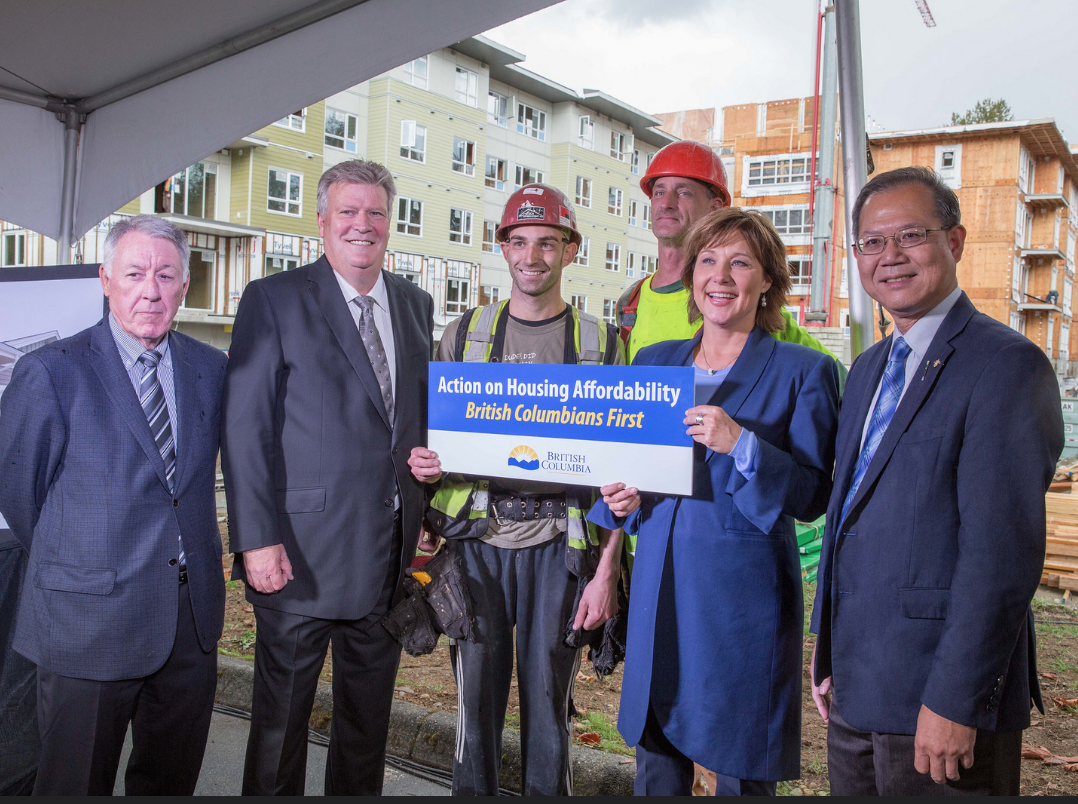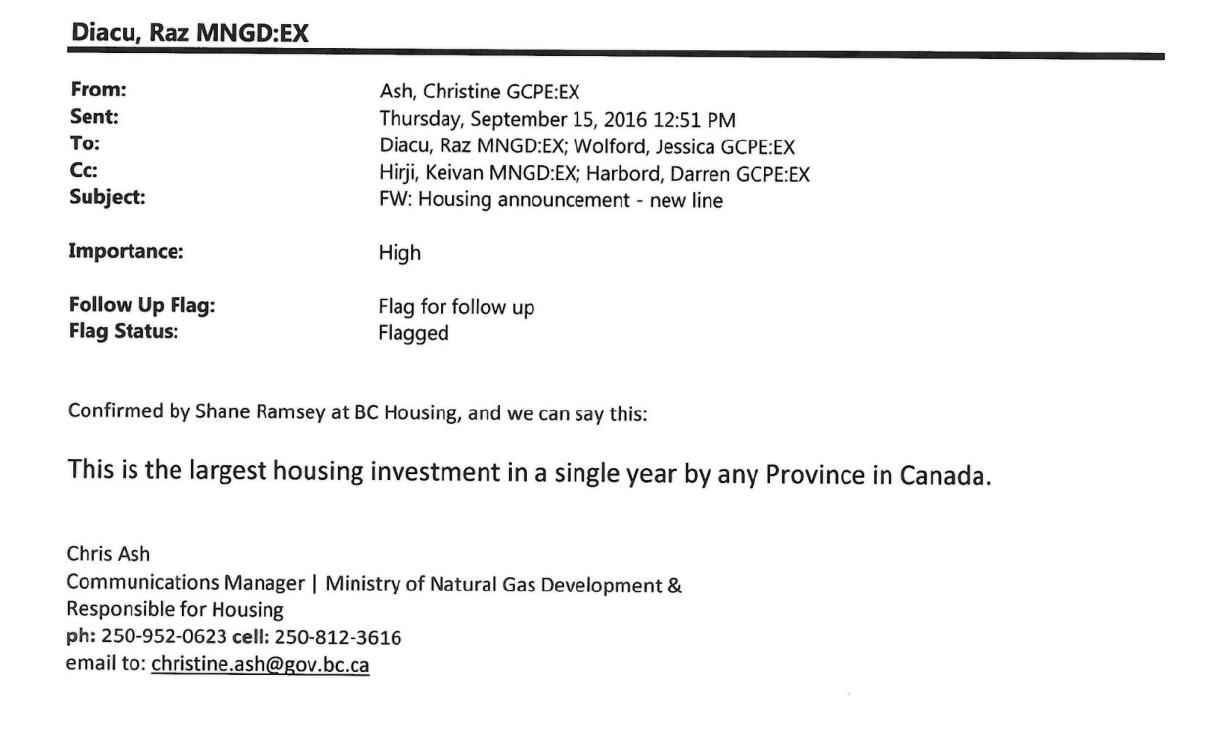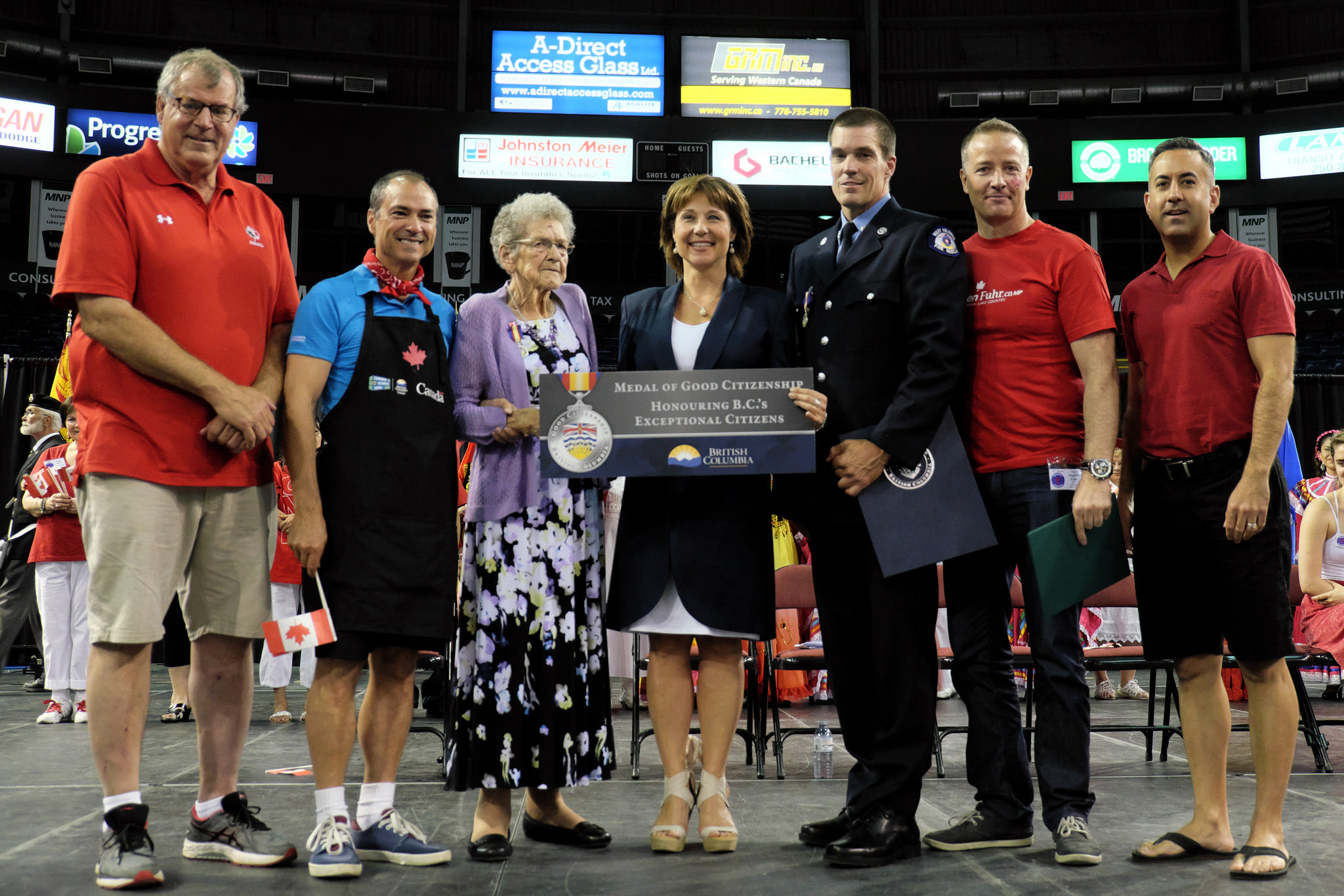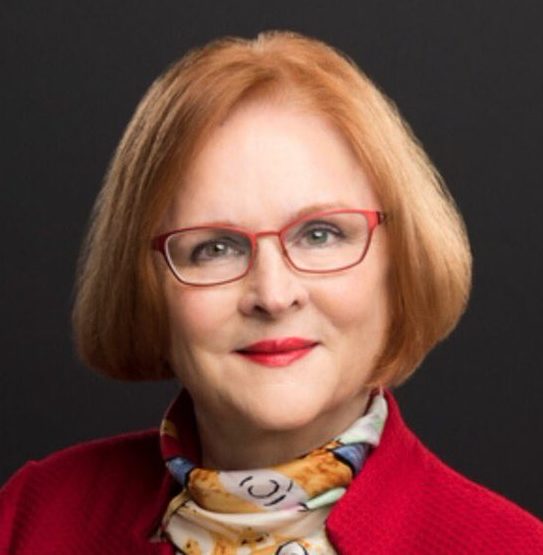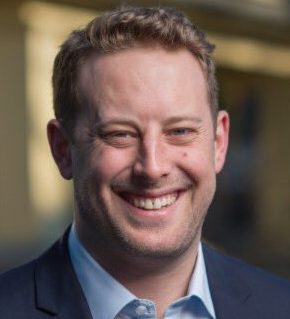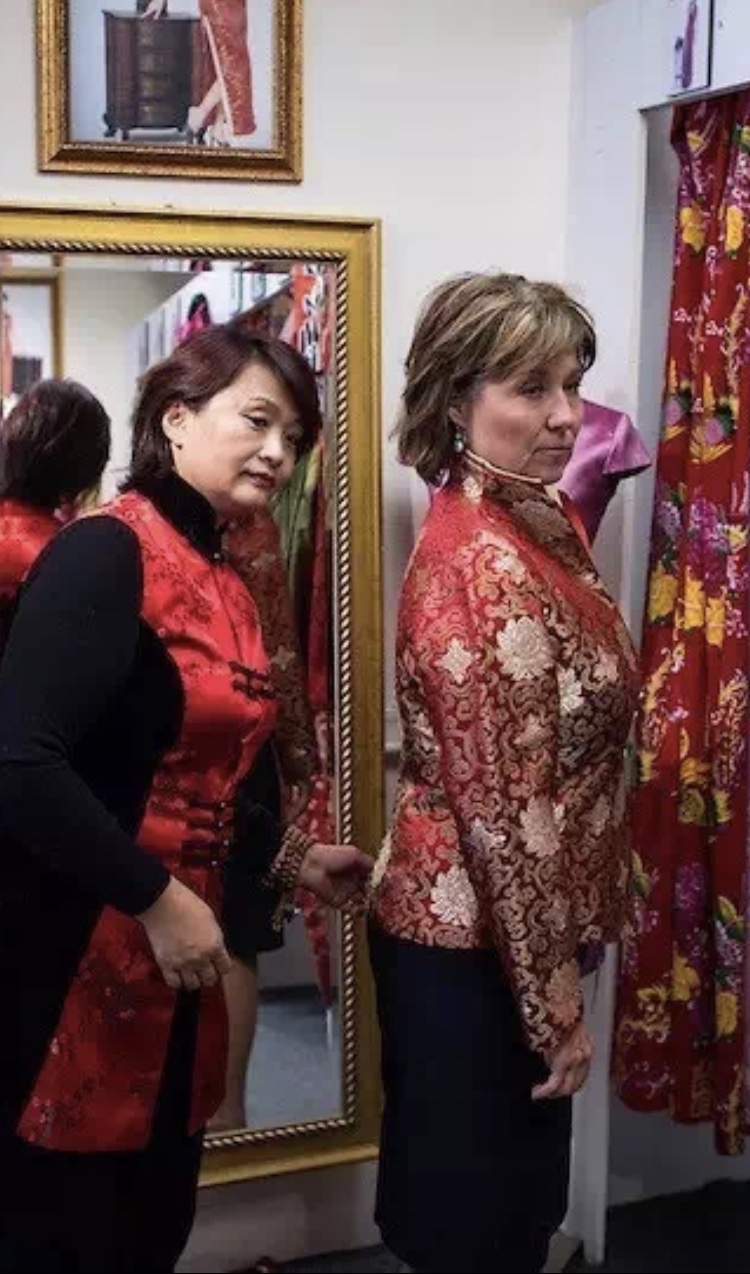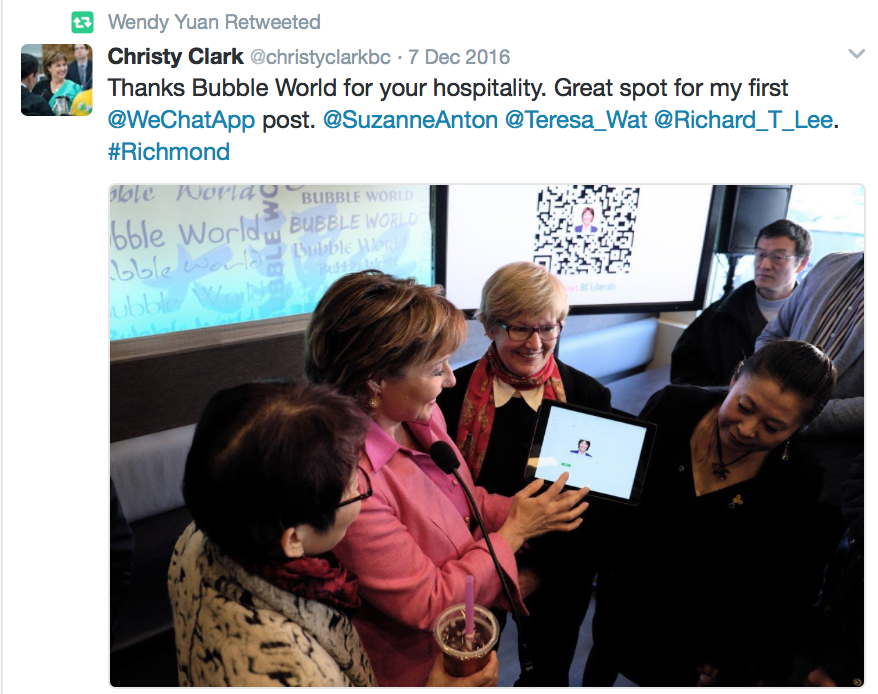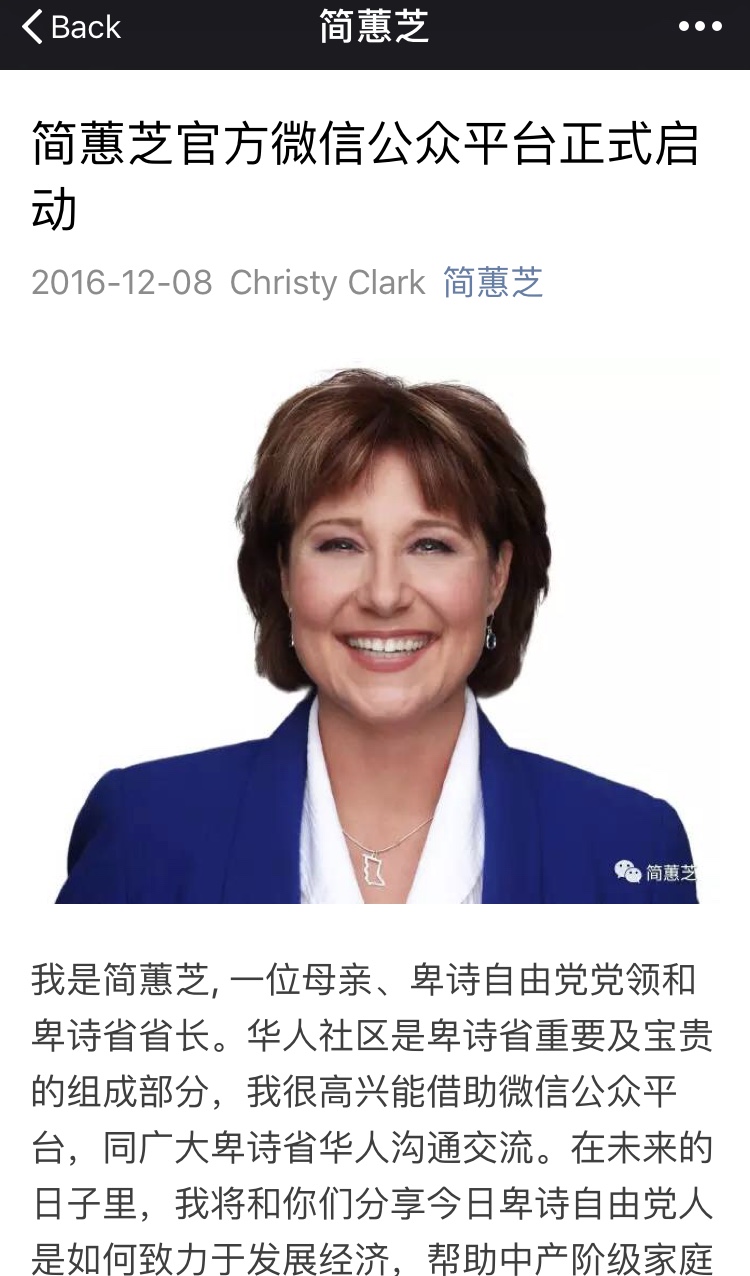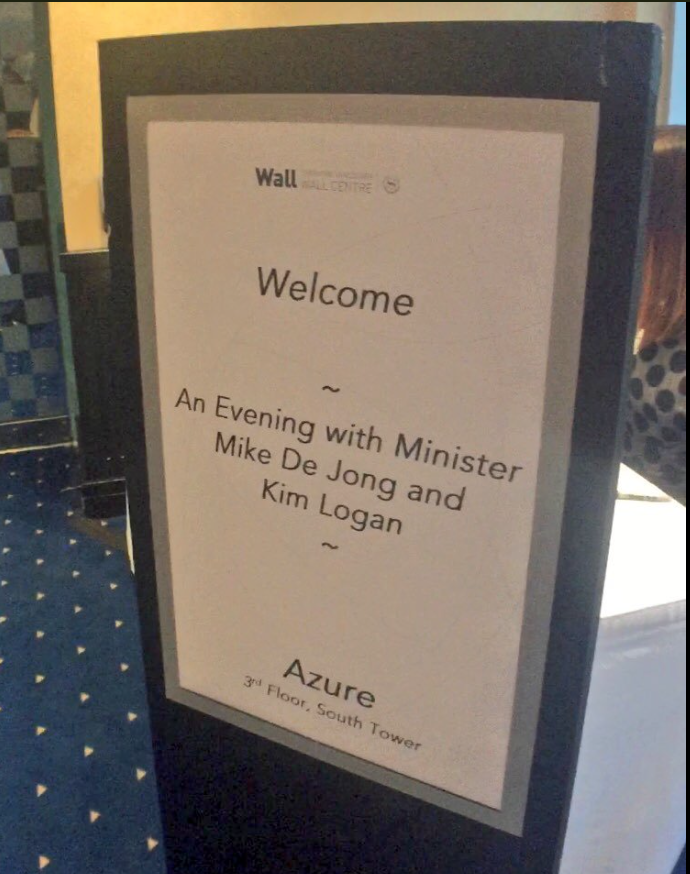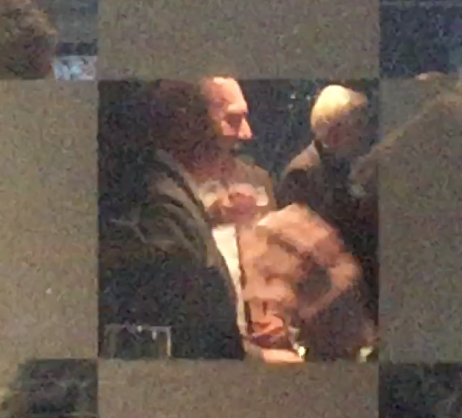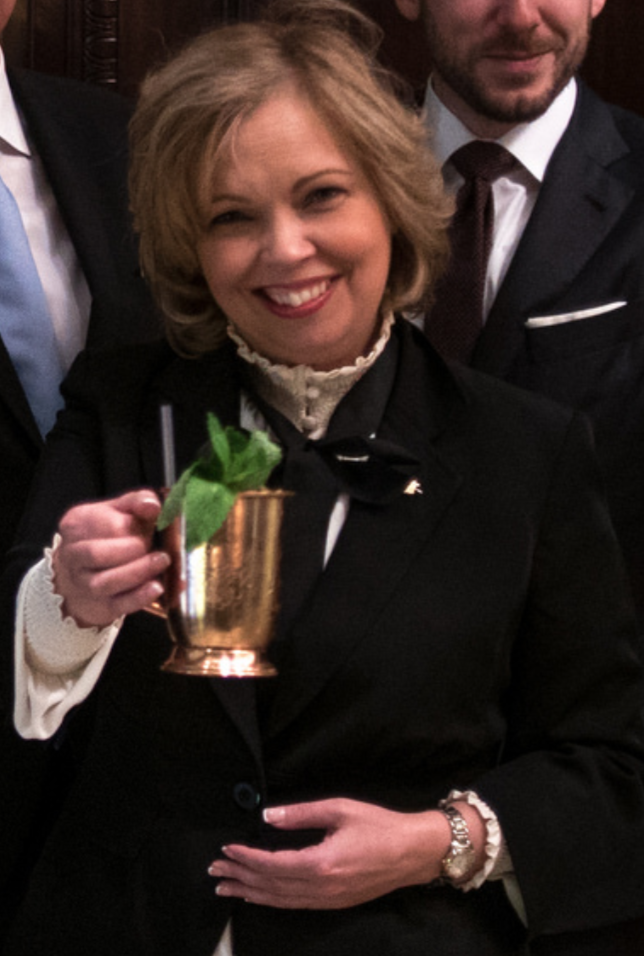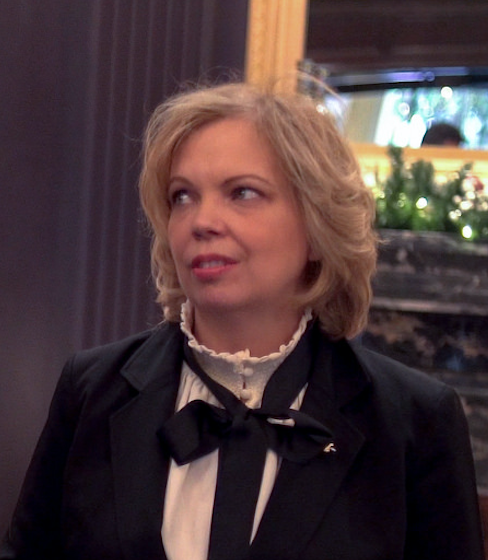Vancouver parks and rec boss stuns volunteers, says joint agreement is not a partnership
Bob Mackin
Is the end near for the five years of on-again, off-again talks between volunteer community centre associations and the Vancouver Park Board and City Hall for a new joint operating agreement?
Park Board is holding a special meeting Feb. 8 at the Morris J. Work Centre for Dialogue. Plenty of opposition to the latest iteration abounds. Will the sides reach common ground in time for the Feb. 16 vote or call the whole thing off?
The majority of the groups that operate Vancouver’s 22 recreation centres fear park board is ramming through the contract — a five-year deal with two consecutive five-year renewal options. The deal would be effective June 1.
The 52-page agreement reached late last fall says that associations would be required to kick back 2% of gross annual revenue to a new community centre investment fund and community centres would only retain ownership of equipment and assets, leaving the park board owner of facilities and responsible for upkeep.
After a Jan. 28 meeting, a letter on behalf of 13 community associations (Champlain, False Creek, Hastings, Kerrisdale, Killarney, Kitsilano, Mount Pleasant, Renfrew, Roundhouse, Thunderbird, Trout Lake, West End, and West Point Grey) said the latest proposal was unacceptable.
“This proposed agreement makes no long term commitment to the CCA model which has served Vancouver well for more than 70 years. The document provides numerous opportunities for Park Board to terminate the CCA, with little recourse. We will not sign a document that creates such a threatening environment for us,” wrote Kathleen Bigsby on Jan. 31. “This proposed agreement undermines the authority of the CCA to determine how, where and when money, raised by the community and the Association, is to be spent.

Vancouver parks G.M. Malcolm Bromley
“This proposed agreement provides a dispute resolution mechanism that requires Parks Board to be the arbitrator of conflicts it is involved in and/or policies it has created.
“Legal opinions we have received caution that if we were to sign this document, our capacity for independent decision-making would be significantly inhibited undermined in numerous ways. This would inhibit our ability to represent the interests of our communities at our community centres.”
According to a leaked recording, that Jan. 28 meeting included a key moment when park board general manager Malcolm Bromley shocked attendees by telling them that the joint operating agreement was not a partnership.
Question: “It seems to be a lot more weighted on your side than ours, instead of 51-49, it feels a lot higher than that at times.”
Bromley: “…the game changed when we moved into a legal construct that says that… I received a letter as of like two months ago from a CCA reasserting their claim to half ownership of a community centre…
“It’s very important to the public interest, on our side, the civil service, to say that, being partners, what is it? You could make a claim to half a building, that you have all kinds of rights and privileges that, it’s our opinion, you do not have. That you’re essential and you’re critical for the provision of programming, that’s what you do, that’s your job and you contribute money to the centre and buy things. But it doesn’t mean we are partners.”
Meanwhile, the Kensington board told park board vice-chair Erin Shum in a Jan. 21 letter that it wanted the status quo. It voted at a Jan. 18 board meeting to ask the board to adjourn all JOA negotiations until after the 2018 election and cancel all scheduled meetings about the JOA.
“The board of directors believe that the current JOA is satisfactory and should remain for the foreseeable future,” said the letter from Kensington president Milan Kljajic. “This decision was made after the board of directors reviewed the document and decided that the proposed JOA would bankrupt the Association within the first five years of the agreement.”
The JOA saga. It’s not over yet.
Bob Mackin Is the end near for the five







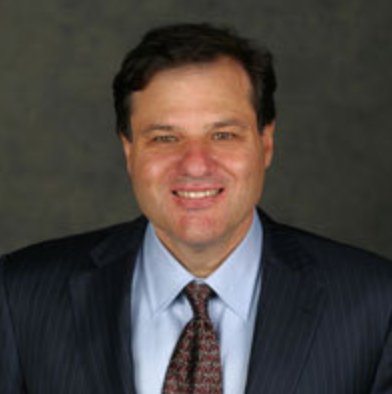
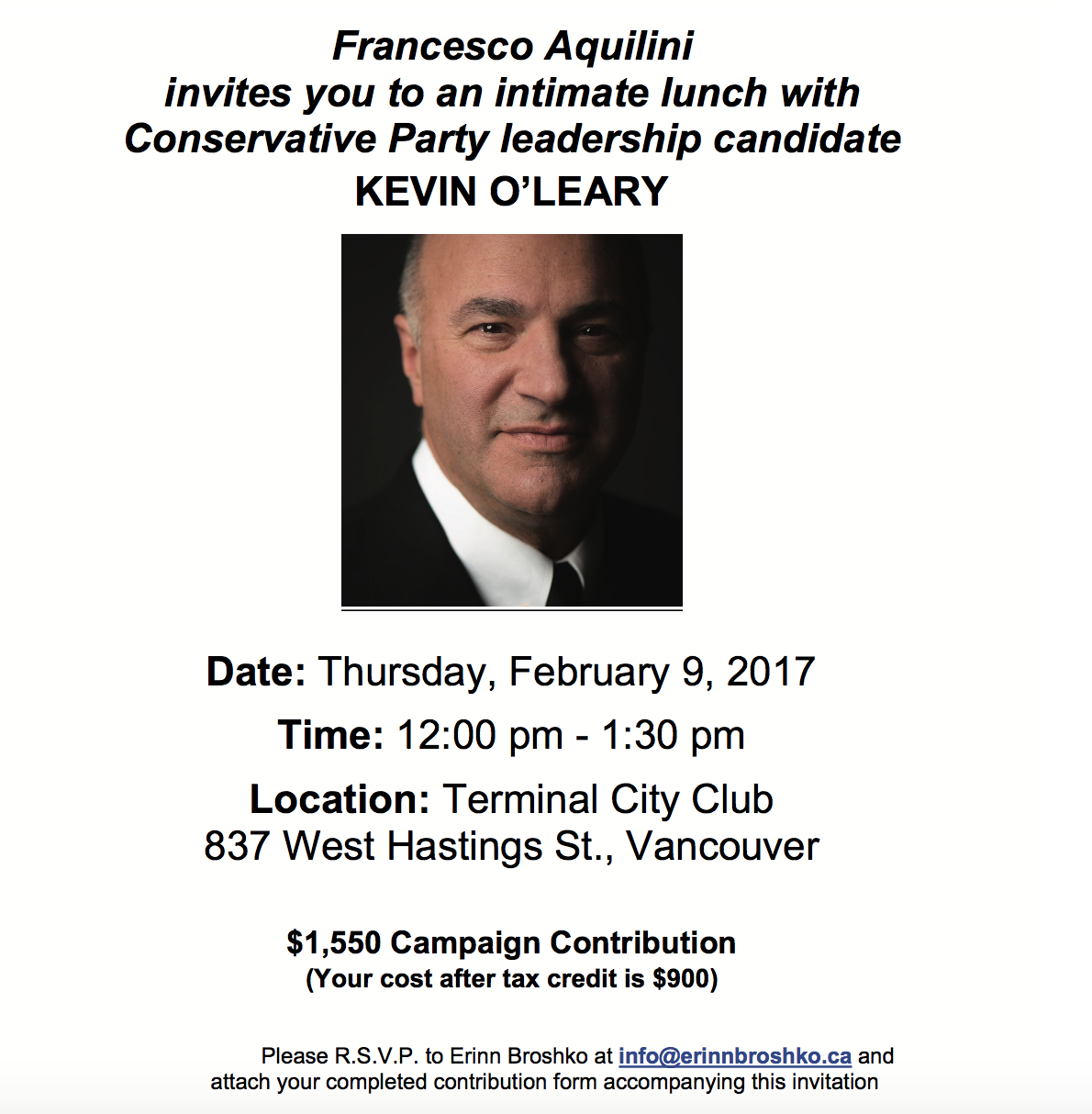 Bob Mackin
Bob Mackin
